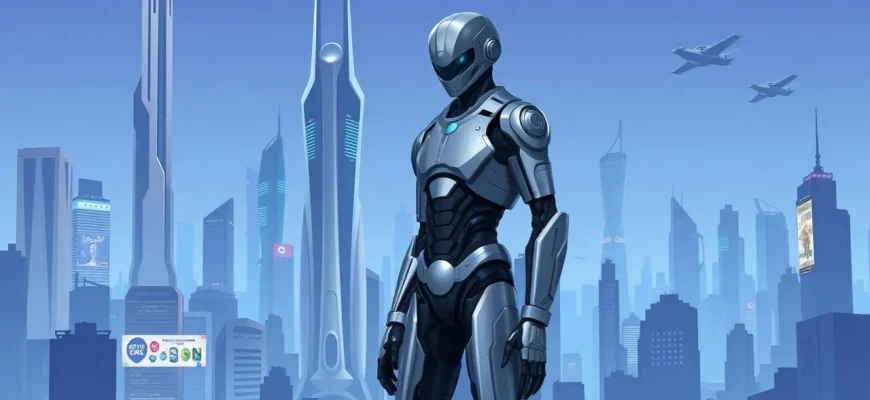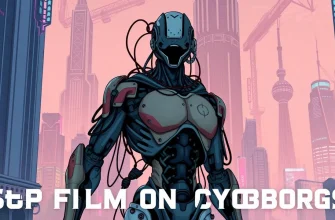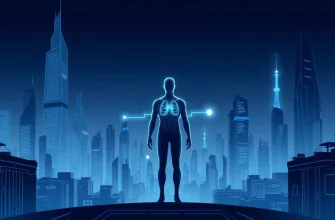Dive into the fascinating world where science fiction meets the cutting-edge of biotechnology. These films explore the concept of bioprosthetics, where human bodies are augmented or replaced with advanced, often bioengineered, prosthetics. This collection not only entertains but also provokes thought on the ethical, social, and personal implications of such advancements. Whether you're a fan of futuristic technology or just curious about where humanity might be headed, these movies offer a thrilling glimpse into potential futures.

Robocop (1987)
Description: A police officer is transformed into a cyborg after a near-fatal injury, becoming a symbol of law enforcement with advanced bioprosthetic enhancements.
Fact: The original suit was extremely heavy, weighing over 100 pounds, and was redesigned for the sequel to be lighter.
 Watch Now
Watch Now 
The Matrix (1999)
Description: While not exclusively about bioprosthetics, the film features characters with enhanced abilities through cybernetic implants, exploring the fusion of human and machine.
Fact: The film's "bullet time" effect was groundbreaking and became iconic in visual effects history.
 Watch Now
Watch Now 
Alita: Battle Angel (2019)
Description: In a post-apocalyptic world, a cyborg named Alita is discovered in a scrapyard and rebuilt by a scientist. Her journey to understand her origins and purpose showcases the integration of bioprosthetics in a dystopian society.
Fact: The film was directed by Robert Rodriguez and produced by James Cameron, who had been developing the project for over a decade. Rosa Salazar's performance as Alita was entirely motion-captured.
 Watch Now
Watch Now 
Repo Men (2010)
Description: In a future where artificial organs can be bought on credit, two repo men, Remy and Jake, retrieve these organs when payments are missed. The film raises questions about the ethics of bioprosthetics and ownership of one's body parts.
Fact: The film was originally titled "The Repossession Mambo." Jude Law and Forest Whitaker star in this dark comedy-thriller.
 Watch Now
Watch Now 
Ghost in the Shell (2017)
Description: Set in a futuristic world, Major Mira Killian, a cyborg with human brain and consciousness, is tasked with stopping a cyber-terrorist. The film explores the concept of identity in a world where bioprosthetics are common.
Fact: The film was a live-action adaptation of the famous Japanese manga and anime. Scarlett Johansson underwent extensive training to prepare for her role as a cyborg.
 Watch Now
Watch Now 
Elysium (2013)
Description: In a future where the wealthy live on a space station, Elysium, while the rest suffer on Earth, a man with a terminal illness seeks to reach Elysium for a cure, showcasing advanced bioprosthetic technology.
Fact: The film was directed by Neill Blomkamp, who also directed "District
 Watch Now
Watch Now 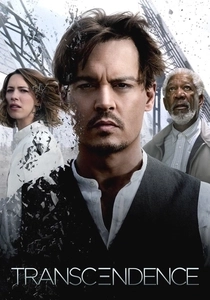
Transcendence (2014)
Description: After a scientist's consciousness is uploaded into a computer, his quest for technological singularity involves the use of bioprosthetics to enhance human capabilities, exploring the limits of human enhancement.
Fact: The film marked the directorial debut of Wally Pfister, who was previously known for his cinematography work with Christopher Nolan.
 Watch Now
Watch Now 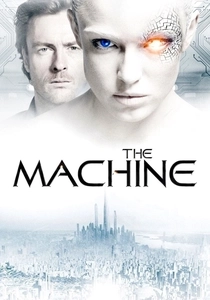
The Machine (2013)
Description: A British scientist develops an AI that can be integrated into a human body, creating a new form of bioprosthetic intelligence. The film explores themes of consciousness, humanity, and the potential dangers of such technology.
Fact: The film was made with a relatively low budget but received praise for its visual effects and thought-provoking narrative.
 Watch Now
Watch Now 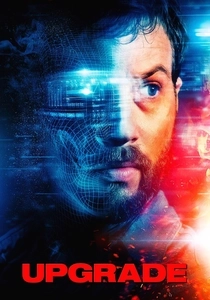
Upgrade (2018)
Description: In a world where technology has advanced to the point of integrating with the human body, a man named Grey Trace receives a biotechnological upgrade after a brutal attack. This film delves into themes of revenge, control, and the implications of merging man with machine.
Fact: The film was shot in just 33 days. The AI in the film, STEM, was voiced by Simon Maiden, who also co-wrote the screenplay.
 Watch Now
Watch Now 
The Six Million Dollar Man (1973)
Description: An astronaut is rebuilt with bionic implants after a crash, turning him into a superhuman with enhanced abilities, showcasing early concepts of bioprosthetics in media.
Fact: The series was based on the novel "Cyborg" by Martin Caidin. The show's catchphrase, "We can rebuild him," became culturally iconic.
 30 Days Free
30 Days Free 
